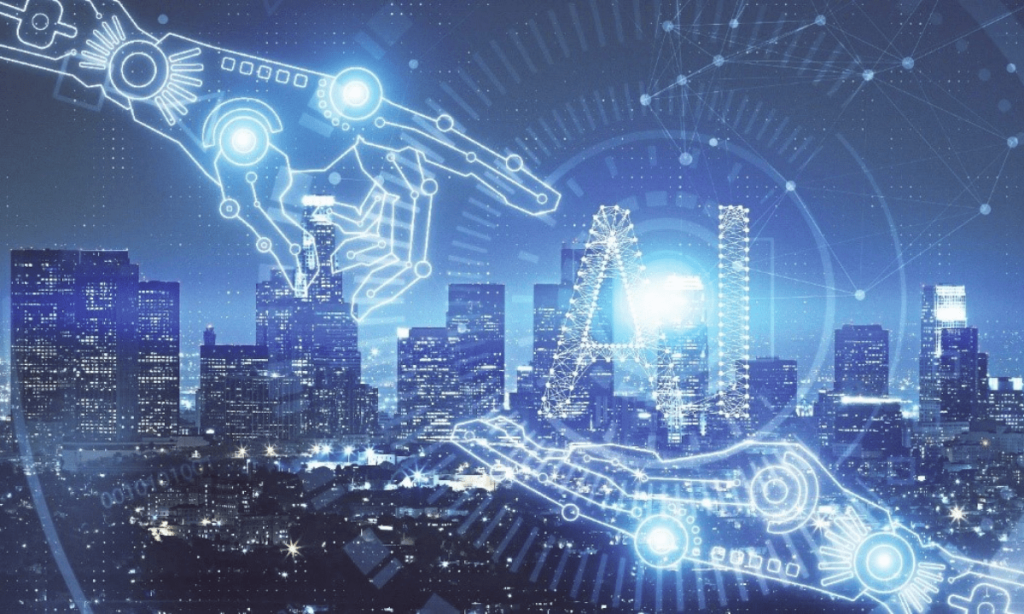
Artificial Intelligence (AI) has transformed the way that cities function today and transformed traditional urban zones into intelligent connected communities.
The idea of smart cities based on AI is to increase the sustainability, efficiency, and quality of life through the implementation of intelligent systems that process data in real-time and take the right decisions. As we near 2025, AI-driven advancements are becoming the foundation of smart urbanization around the globe.
AI in Urban Infrastructure and Mobility
The most well-known applications that use AI to improve cities’ efficiency are intelligent ways to manage traffic. Cities like Singapore and Barcelona are using AI-powered traffic monitoring systems that identify congestion patterns, enhance lighting timing for traffic, and cut pollution.
AI algorithms analyze live data from sensors and cameras to increase mobility, resulting in more efficient travel as well as safer roadways. Predictive maintenance assisted by AI will also assist city officials in spotting infrastructure issues prior to them becoming grave.
Energy Efficiency and Sustainability
AI is a key element in the achievement of sustainability goals. The Amsterdam Smart Grid project is one instance. It makes use of AI to control energy distribution according to need and renewable energy sources.
Models that learn from machine learning are able to determine the amount of power consumed and then automatically alter grid performance, reducing consumption and increasing effectiveness. Smart lighting that is powered by AI and HVAC units is helping to reduce carbon emissions in urban regions.
Public Safety and Surveillance
Artificial Intelligence-driven security systems increase security for the public by analysing data from cameras and IoT sensors in real time.
Dubai’s AI-powered security program utilizes facial recognition and the prediction of behaviour to spot dangers while maintaining the privacy of data. These systems assist law enforcement agencies in responding instead of responding.
Data-Driven Governance and Citizen Engagement
Smart governance is a different growing trend. Cities like Seoul use AI chatbots, as well as dashboards of data, to improve public participation and transparency.
AI examines the input of residents and assists authorities in creating policies and services that satisfy the needs of citizens. This is a data-driven approach and results in more responsive and person-centered governance.
